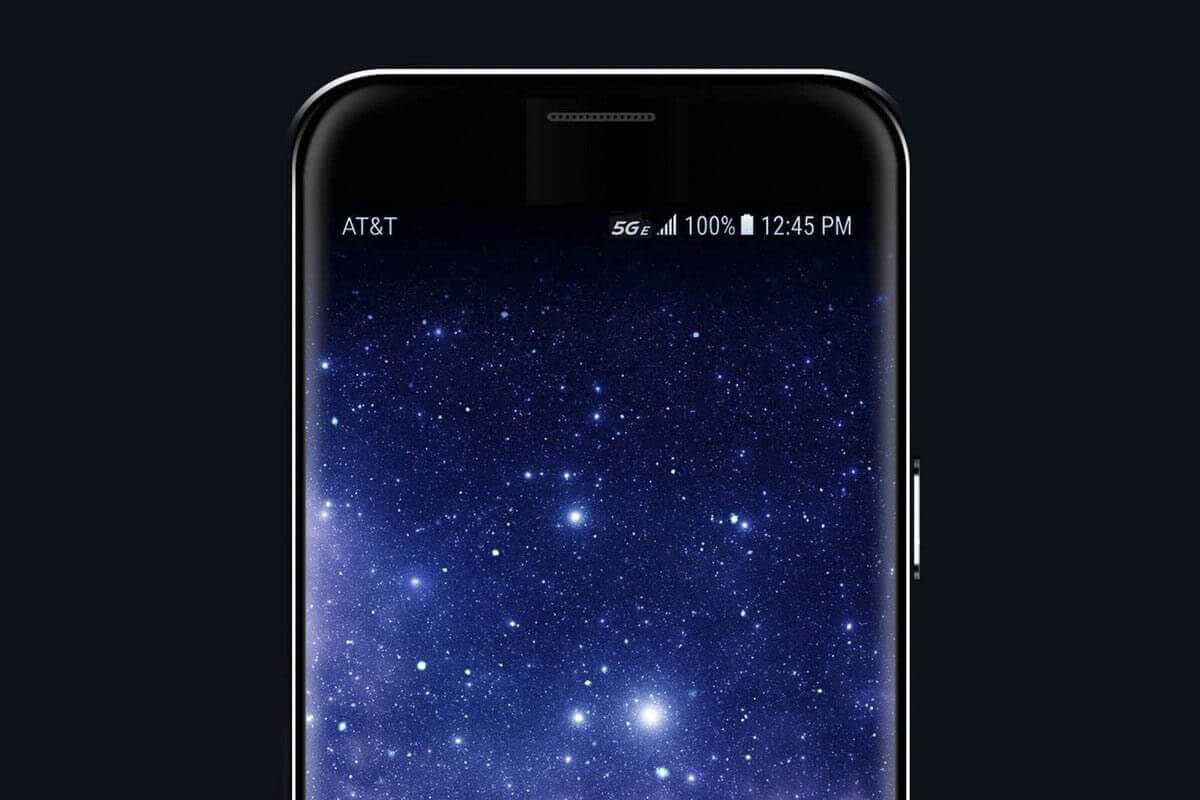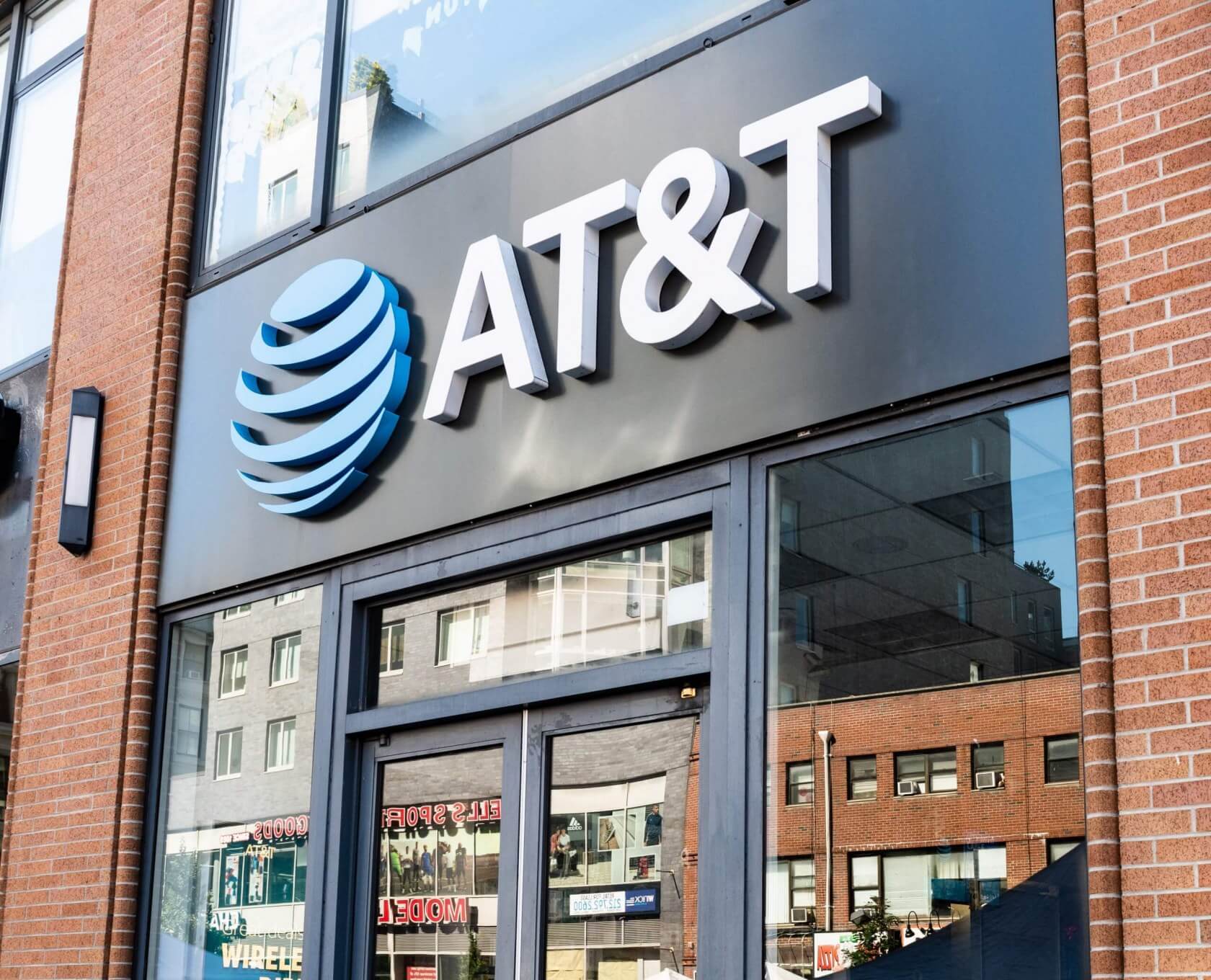In context: Last month, AT&T launched what it called "5G Evolution," (5G E) an allegedly next-gen cellular network that was intended to act as the company's "first step" toward true 5G. However, as we – and AT&T's many competitors – noted at the time, 5G E isn't 5G at all; it's really just 4G LTE, and it may even be slower than some competing services.
Obviously, this led many to call AT&T out for misleading its users. Sprint led that charge by lodging a lawsuit against AT&T for false advertising and brand damages - Sprint says its competitor's false 5G branding "undermined" its own 5G efforts.
It may have seemed like Sprint had a pretty clear-cut case against AT&T (the latter refused to admit it had done anything wrong, after all), but the suit has been settled out-of-court. For better or worse, that means there won't be any real legal precedent-setting legal confrontation between the two cellular giants anytime soon.

The details of the settlement (such as how much, if any, money traded hands) are unknown, but we do know that it won't stop AT&T from using its 5G E branding in advertisements and phones in the future.
Quite the opposite: reports from Dallas Business Journal and the Houston Chronicle (thanks, Ars Technica) both claim that sources familiar with the matter say AT&T can continue to call its 4G LTE network 5G E with no restrictions - unless other parties bring charges against the company in the future, anyway (Sprint won't be able to, though, as they've dropped the suit "with prejudice").
